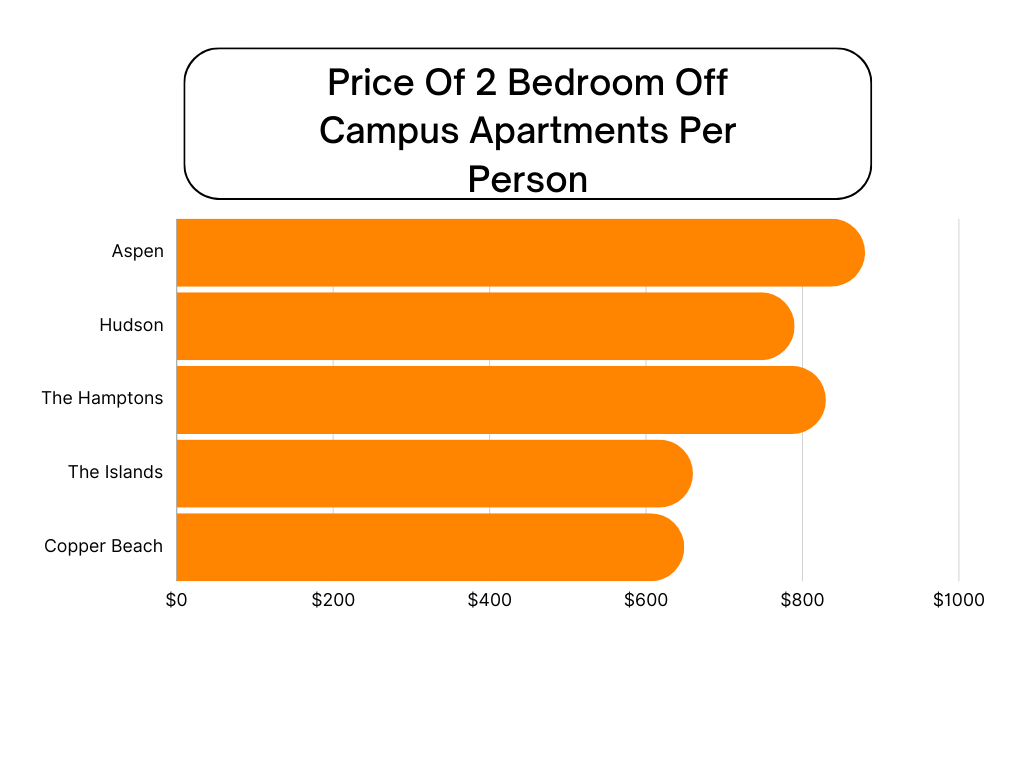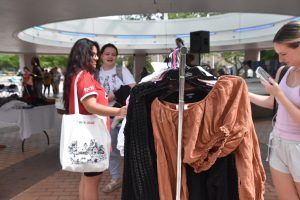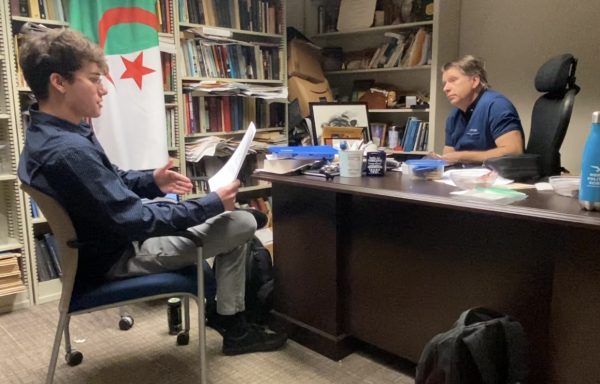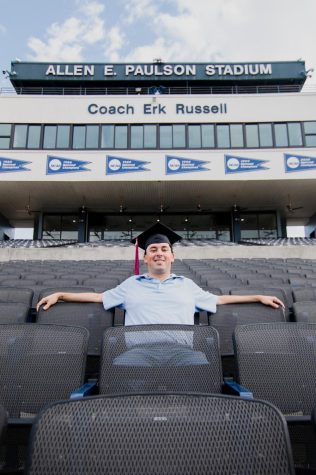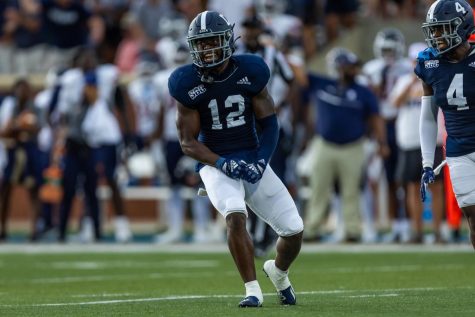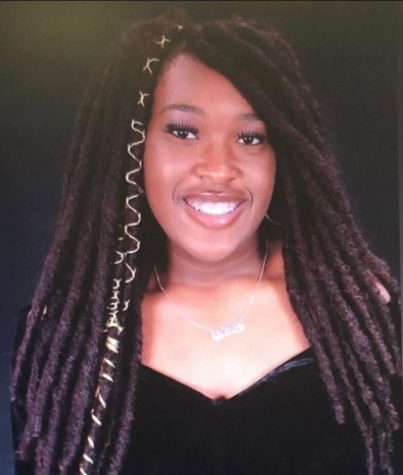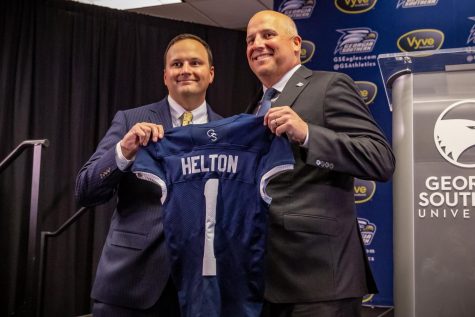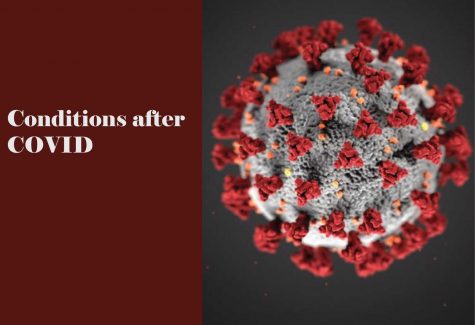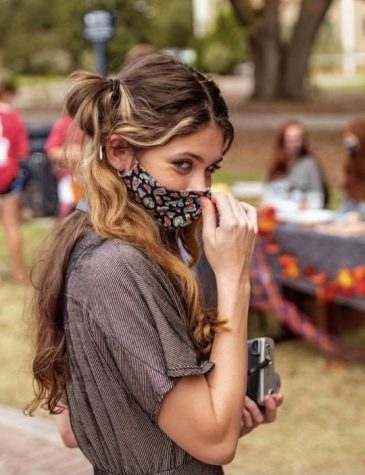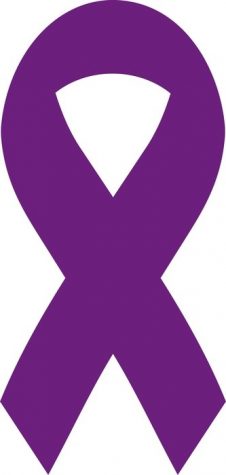Setting the record straight about GSU
September 26, 2013
While we’d much rather let them go in one ear and out the other, misconceptions about Georgia Southern University show no sign of going away. Just as our Traditions Council ensures that Lantern Walks remain a rite of passage for all Southern students, our peers at other University System of Georgia institutions take great pride in seeing that these unsavory clichés about us live on, as well.
You’re likely familiar with the Unholy Trinity of Georgia Southern stereotypes. First, we are all perpetually drunk; so drunk, in fact that we’ve all swapped out our useless livers for K-Cups. Secondly, we are all STD-riddled (contrary to common belief, Obama and his congressional pals aren’t the reason our healthcare system is exhausted; our university is the singular culprit). The last stereotype is the one that burns my grits the most: We all yearn to be at UGA, Georgia State or somewhere more urban, but we just couldn’t reach those gosh darned minimum SAT scores.
Of course, these stereotypes are all unfounded and void of originality. But as a gay person who doesn’t always look or behave the way a gay person is perceived to, I know that there’s no greater pleasure than debunking a stereotype and proving someone wrong. If there is one community that can attest that Southern is as good – if not better – than our neighboring colleges and universities, it’s our queer one.
In the early 1980s, Southern’s first vocally out professor, Fred Richter, helped assemble the group of peers and Fort Stewart soldiers that would become The Triangle Club, Southern’s first LGBTQ student organization. It’s worth noting that the Triangle Club predated the University of Georgia’s first LGBTQ club by more than a decade. When two gay students were discovered kissing in a kitchen at Emory University and a scandal erupted in the 1990s, several members of the Triangle Club were personally called upon to help diffuse the situation. Richter would go on to spearhead the effort to add sexuality to the university’s anti-discrimination policy, making our school one of the first in the Southeast to do so.
In spite of our differences, we Southerners have all foregone Atlanta’s sleek high-rises and Athens’ hip townie culture for the cotton fields and gnats of good old Bulloch County. Because of that, it’s easy for outsiders to assume that our slower pace of life at GSU is indicative of laziness or unproductivity. Luckily, this doesn’t have to make sense to anyone but us. We chose this place for a variety of reasons. But more importantly: It chose us.

